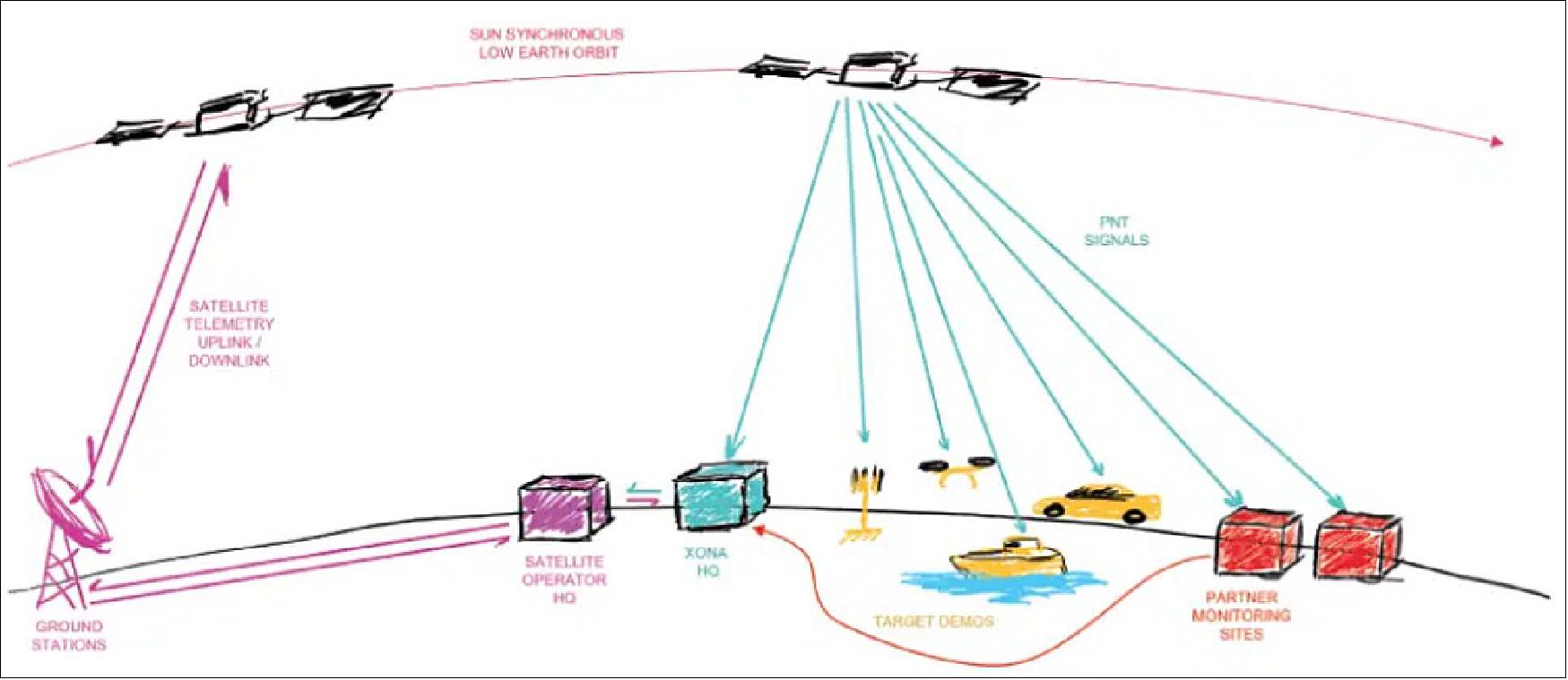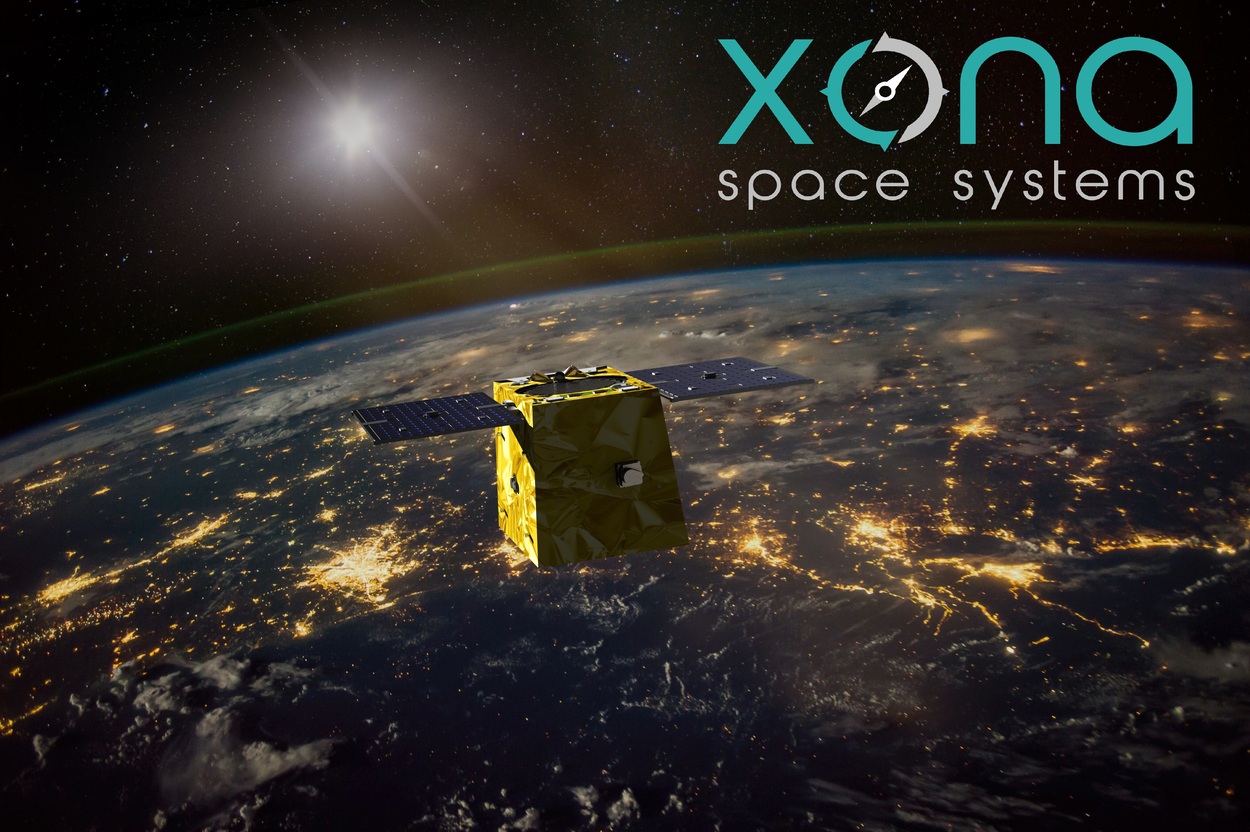Xona Space Systems closes $19M Series A to build out ultra ...
For decades, the Global Positioning System (GPS) has maintained a de facto monopoly on positioning, navigation, and timing because it's cheap and already integrated into billions of devices around the world. However, Xona Space Systems believes that a more accurate system will be necessary to scale autonomous vehicles (AVs), advanced robotics, and other technologies for the twenty-first century.
The startup plans to launch a satellite constellation in low Earth orbit that would act as a commercial GPS alternative. Known as Pulsar, the network could potentially cost less to operate while offering more accurate geolocation data.

Xona's Innovative Approach
Xona was established in 2019 by seven Stanford graduate school alumni, most of whom met during grad school. CTO Tyler Reid, a Stanford Ph.D. graduate, worked in the university's GPS Research Lab before joining Ford's autonomous vehicles group in 2017. He focused on "localization requirements" for autonomous vehicles and Driver Assist functions.

Many vehicles today that integrate autonomous features use a combination of technologies like cameras, lidar sensors, and radar sensors to navigate. However, Xona's CEO Brian Manning pointed out that while these sensors excel in structured environments like cities, they fall short in unstructured environments such as deserts. GPS, on the other hand, performs well in unimpeded areas.
Xona's Revolutionary Technology
Xona's approach differs significantly from traditional GPS providers like Boeing. The company's Pulsar service is built on a patented "cloud architecture for atomic clocks," which is expected to reduce satellite costs while offering significantly higher accuracy levels, measured in centimeters rather than meters.
The first demonstration satellite was launched in 2022 to showcase the patented core IP. Xona plans to launch its first production-class satellite in June 2025, partnering with Belgian satellite manufacturer Aerospacelab. The ultimate goal is to establish a constellation of 300 satellites to serve different customer groups.
New Funding and Growth
Xona recently announced the closure of an oversubscribed $19 million Series A round led by Future Ventures and Seraphim Space, with contributions from new investors NGP Capital, Industrious Ventures, Murata Electronics, Space Capital, and Aloniq. This funding will support launching the first production-class satellite and expanding the ground segment to support Pulsar.

Rapid advancements in technologies like AVs have created a growing demand for advanced positioning, navigation, and timing services. Xona is confident in the market potential despite the presence of free services like GPS.




















